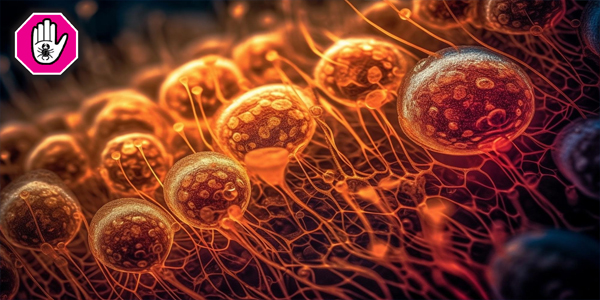Our daily food choices play a critical role in maintaining our overall health, and one of the most significant impacts it can have is on our cancer risk. Numerous studies have shown that diet influences the likelihood of developing cancer, either by increasing or lowering the risk. Understanding how our diet connects to cancer can empower us to make informed choices that promote longevity and well-being.
How Does Diet Affect Cancer Risk?
Cancer develops when abnormal cells grow uncontrollably, often triggered by genetic factors, environmental exposures, and lifestyle choices. Diet falls under the lifestyle choices category and is one of the most modifiable factors when it comes to cancer prevention.
Some foods contain compounds that can promote cancer cell growth, while others are packed with nutrients that support the body’s defense against cancerous changes. Let’s explore the major dietary influences on cancer risk:
Foods That Increase Cancer Risk
- Processed and Red Meats: High consumption of processed meats like bacon, sausage, and deli meats, as well as red meats like beef and pork, has been linked to an increased risk of colorectal and stomach cancers. The cooking process of these meats, especially at high temperatures, can produce harmful chemicals like heterocyclic amines (HCAs) and polycyclic aromatic hydrocarbons (PAHs), which are carcinogenic.
- Sugary and High-Calorie Foods: Diets high in sugar and refined carbohydrates contribute to obesity, which is a significant risk factor for various cancers, including breast, liver, pancreatic, and esophageal cancers. Excess weight creates an environment conducive to inflammation and hormone imbalances, both of which can drive cancer growth.
- Alcohol: Regular and heavy alcohol consumption is a known risk factor for cancers of the mouth, throat, esophagus, liver, breast, and colon. When the body breaks down alcohol, it produces a compound called acetaldehyde, which can damage DNA and lead to cancer development.
Foods That Lower Cancer Risk
- Fruits and Vegetables: A diet rich in fruits and vegetables provides an array of cancer-fighting nutrients, including antioxidants, fiber, vitamins, and phytochemicals. These compounds help neutralize free radicals, protect cells from damage, and support the immune system. Dark leafy greens, berries, cruciferous vegetables like broccoli, and brightly colored fruits are some of the most powerful cancer-fighting foods.
- Whole Grains and Fiber-Rich Foods: Whole grains such as brown rice, quinoa, and oats, as well as fiber-rich legumes and seeds, are beneficial for maintaining digestive health and promoting the elimination of potential carcinogens from the body. High fiber intake is particularly protective against colorectal cancer.
- Healthy Fats: Incorporating sources of healthy fats like omega-3 fatty acids found in fish, flaxseeds, and walnuts has been shown to reduce inflammation, a contributing factor in the development of many cancers. Conversely, reducing intake of unhealthy trans fats and saturated fats can lower cancer risk.
Building a Cancer-Preventive Diet
- Focus on Plant-Based Foods: Fill at least half your plate with fruits and vegetables at every meal. Try to eat a variety of colors, as different plants contain unique cancer-fighting compounds.
- Limit Processed and Red Meats: Opt for plant-based protein sources, such as legumes and beans, or lean meats like chicken and turkey when consuming animal protein.
- Choose Whole Foods Over Processed Foods: Whenever possible, choose whole grains, fresh produce, and minimally processed foods to ensure you’re getting the most nutrients without harmful additives.
- Maintain a Healthy Weight: A balanced diet that supports a healthy weight can dramatically reduce your cancer risk. Avoid high-calorie, nutrient-poor foods that contribute to weight gain.
- Reduce Alcohol Consumption: If you drink alcohol, do so in moderation. The American Cancer Society recommends no more than one drink per day for women and two for men.
Conclusion
While diet alone cannot guarantee cancer prevention, making mindful food choices is one of the most effective strategies you can adopt to lower your cancer risk. By focusing on a plant-rich, whole-food diet and avoiding known dietary carcinogens, you can empower your body to defend against the development of cancer. Always pair a healthy diet with other lifestyle practices, such as regular exercise and avoiding smoking, to further protect yourself against this disease.
Small changes in your daily habits can have a profound impact on your long-term health, and your diet is one of the most powerful tools at your disposal.


